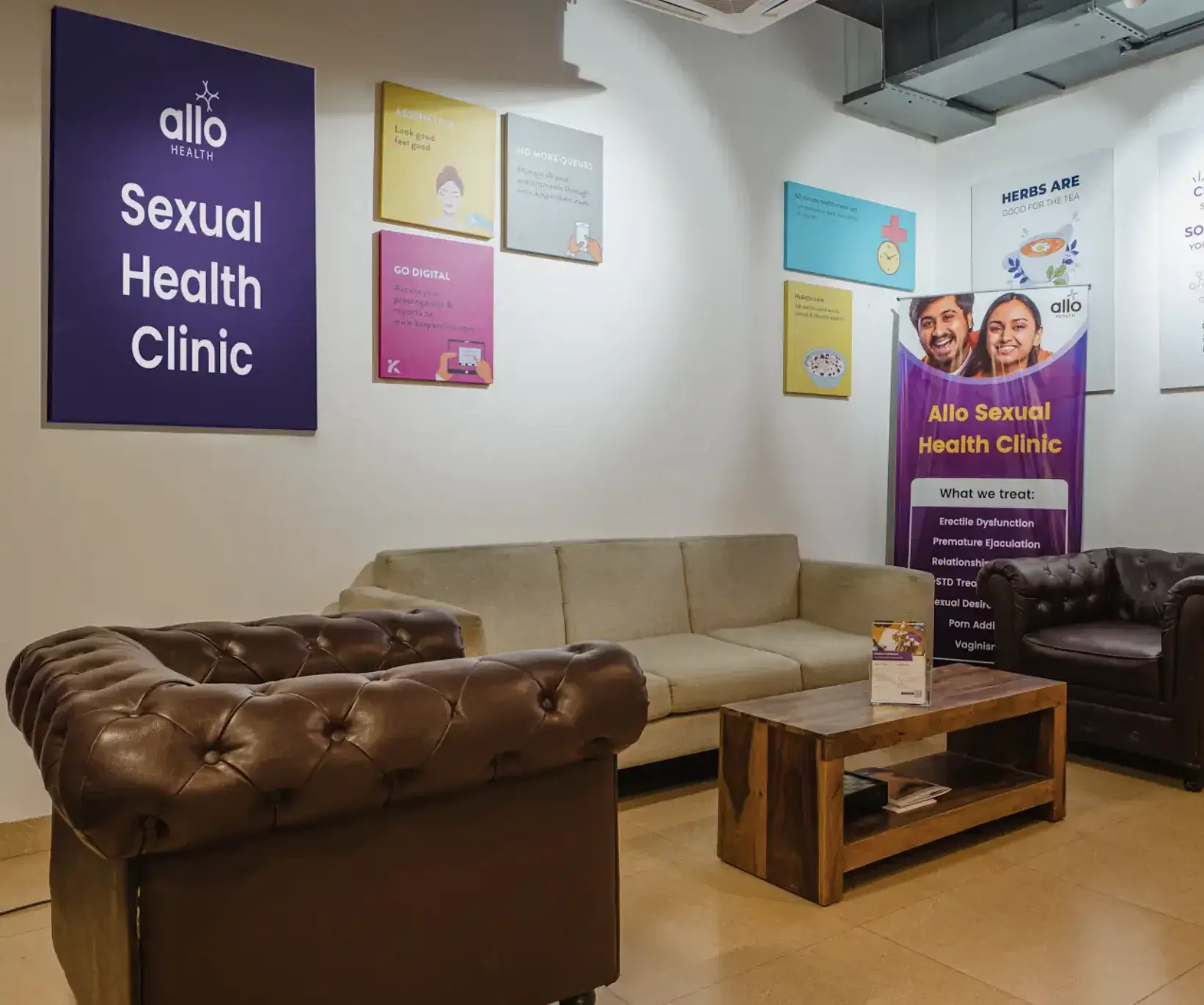Chlamydia
Chlamydia is a common sexually transmitted infection (STI) caused by the bacterium Chlamydia trachomatis. It can affect the genitals, rectum, and throat and is easily treatable with antibiotics.
Understanding Chlamydia
Chlamydia is one of the most common bacterial STIs worldwide.
new cases reported globally each year
of infections may show no symptoms
increase in reported cases over the past decade
Factors Contributing to Chlamydia
Unprotected Sex
Not using protection increases the risk of transmission.
High-Risk Sexual Behavior
Multiple partners or casual encounters increase infection risks.
Lack of Regular Testing
Many people with chlamydia don’t show symptoms, making routine testing essential.
Evaluate Your Chlamydia Risk
Take our confidential self-assessment to better understand your chlamydia symptoms and potential risk factors.
Common Signs to Watch For:
Painful Urination
Experiencing a burning sensation or pain while urinating.
Unusual Discharge
Noticing abnormal white, yellow, or green discharge from the genitals.
Lower Abdominal or Pelvic Pain
Feeling persistent pain in the lower abdomen or pelvic region.
Recent Unprotected Sex
Engaging in sexual activity without condoms or other protection.
Note: This self-assessment is for informational purposes only and is not a substitute for professional medical advice, diagnosis, or treatment.
Recognizing the Signs
Chlamydia symptoms can be mild or absent but may include painful urination, unusual discharge, and pelvic pain.
Painful Urination
A burning sensation while urinating is a common symptom of chlamydia.
Unusual Discharge
White or yellow discharge from the genitals may indicate an infection.
Pelvic or Abdominal Pain
In women, chlamydia can cause lower abdominal pain, especially if left untreated.
Rectal Discomfort
Rectal infections may cause pain, discharge, or bleeding.
When to Seek Help
If you experience any of the following symptoms, consult a specialist:
- 1Persistent pain during urination
- 2Unusual genital or rectal discharge
- 3Pain or swelling in the testicles or pelvic area
Important to Know:
Chlamydia is treatable. Early detection prevents complications like infertility and pelvic inflammatory disease.
Causes of Chlamydia
Chlamydia spreads through sexual contact and can be prevented with safe practices.
Physical Causes
Weakened Immunity
Certain health conditions can make infections worse.
History of STIs
Previous infections increase susceptibility.
Young Age
People under 25 are at higher risk.
Viral Transmission
Unprotected Sex
Having vaginal, anal, or oral sex without protection increases the risk.
Multiple Partners
More partners increase the likelihood of exposure.
Mother-to-Baby
Infected mothers can pass chlamydia to newborns during childbirth.
Behavioral Factors
Inconsistent Condom Use
Even occasional unprotected sex can lead to infection.
Substance Use
Alcohol and drugs can lead to risky sexual behavior.
Lack of Awareness
Limited knowledge of STIs increases vulnerability.
Prevention for Chlamydia
Chlamydia is a common bacterial STI that spreads through sexual contact. It often has no symptoms but can cause serious health issues if left untreated. Practicing safe sex and regular testing are key to prevention.
Safe Sex Practices
Use condoms and dental dams for all sexual activity
Limit number of sexual partners to reduce risk
Get tested regularly, especially after new partners
Avoid Transmission Risks
Get tested immediately after unprotected sex
Complete full course of prescribed antibiotics
Clean sex toys thoroughly between uses
Communication with Partners
Discuss STI testing history with partners
Inform all recent partners if diagnosed
Practice mutual responsibility for protection
Medical Prevention
Schedule routine STI screenings every 3-6 months
Seek treatment promptly if symptoms appear
Take steps to prevent reinfection after treatment
Our Approach to Treating Chlamydia
At Allo Health, we offer discreet and effective chlamydia treatment with confidential consultations and expert care. Get the right treatment, fast recovery, and stigma-free support.
Antibiotic Therapy
A short course of antibiotics like azithromycin or doxycycline can cure chlamydia.
Counseling & Education
We provide guidance on STI prevention and safe sex practices.
Regular Testing
Routine STI screening helps detect and treat chlamydia early.
Allo Chlamydia Treatment Journey
Our treatment journey for STIs is designed to help you get back to your life as quickly as possible.
Day of STI Exposure
1st Consultation*
Once Test Reports are Ready **
Day 21 (3 week's) From Exposure
Once Test Reports are Ready
3 Months from Exposure
Once Test Reports are Ready
* Abstain from sexual intercourse till the course of treatment is over.
** If the any of the test result come positive, doctor will guide you through the next steps.
Common Questions About Chlamydia
Find answers to frequently asked questions about chlamydia.
Success Stories from Our Patients
Read the experiences of people who have successfully overcome Chlamydia with Allo Health's comprehensive treatment approach.
Take the First Step Towards Better Sexual Health
Don't let intimate health concerns affect your quality of life and relationships. Our compassionate specialists are ready to help you overcome these challenges with personalized, evidence-based treatment.
Convenient Scheduling
Online and in-clinic appointments available
Discreet Consultation
Private, judgment-free environment
Expert Care
Specialized team with extensive experience
